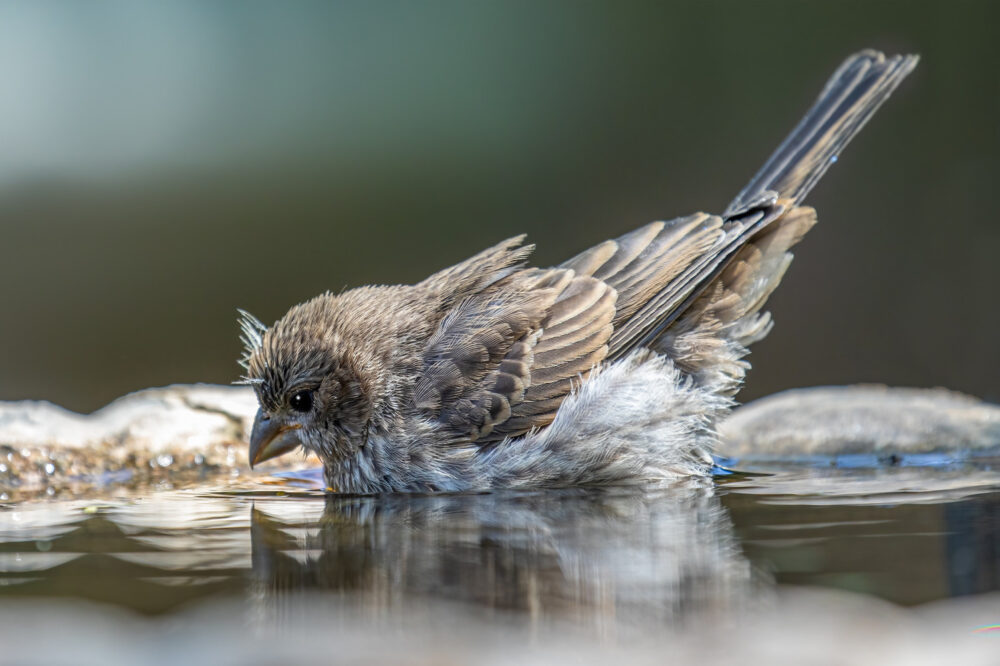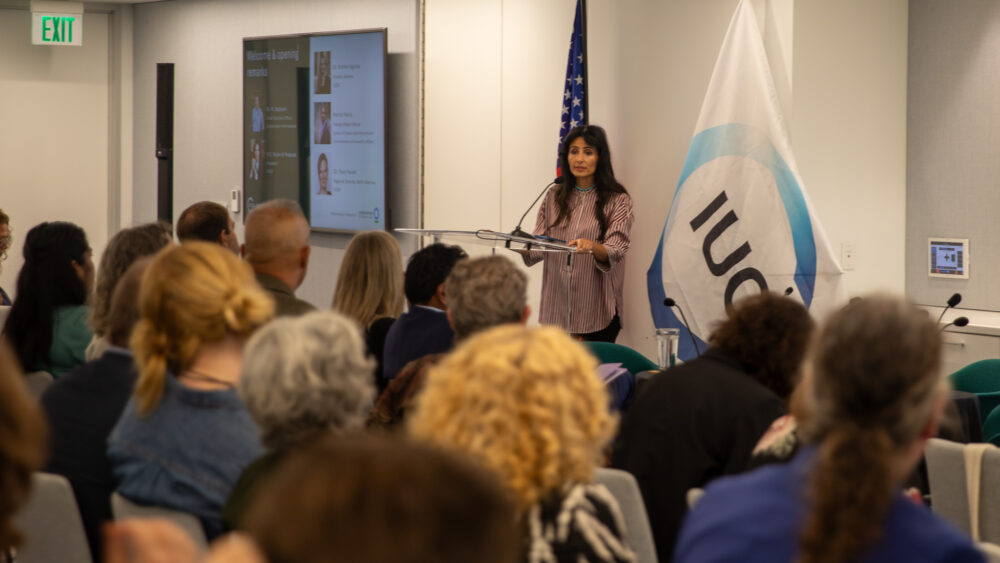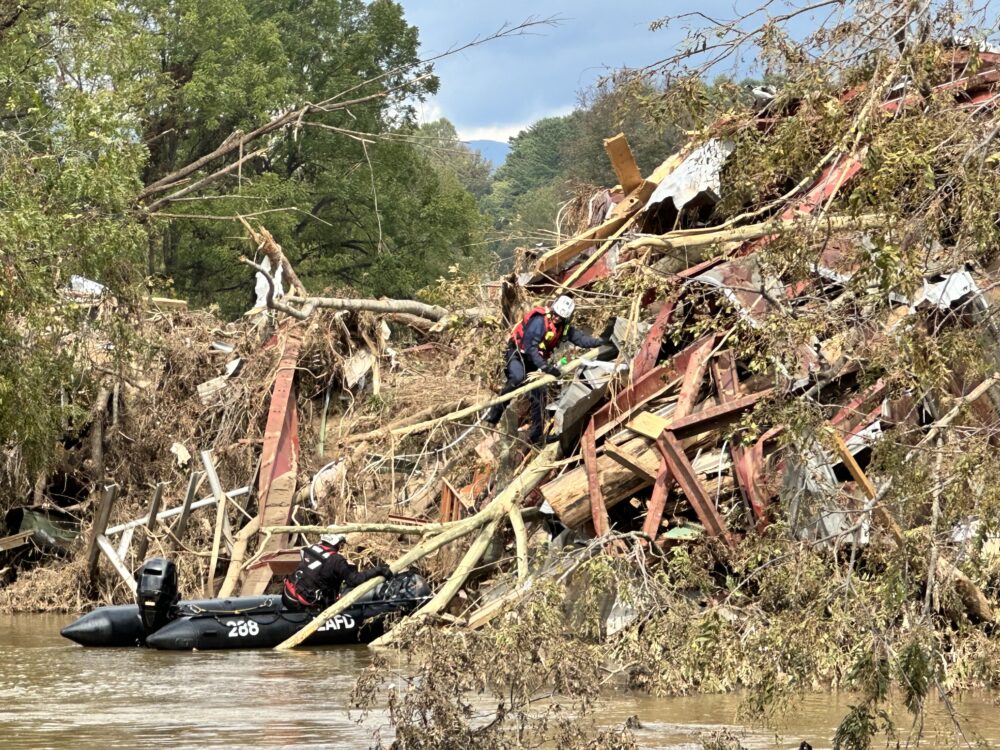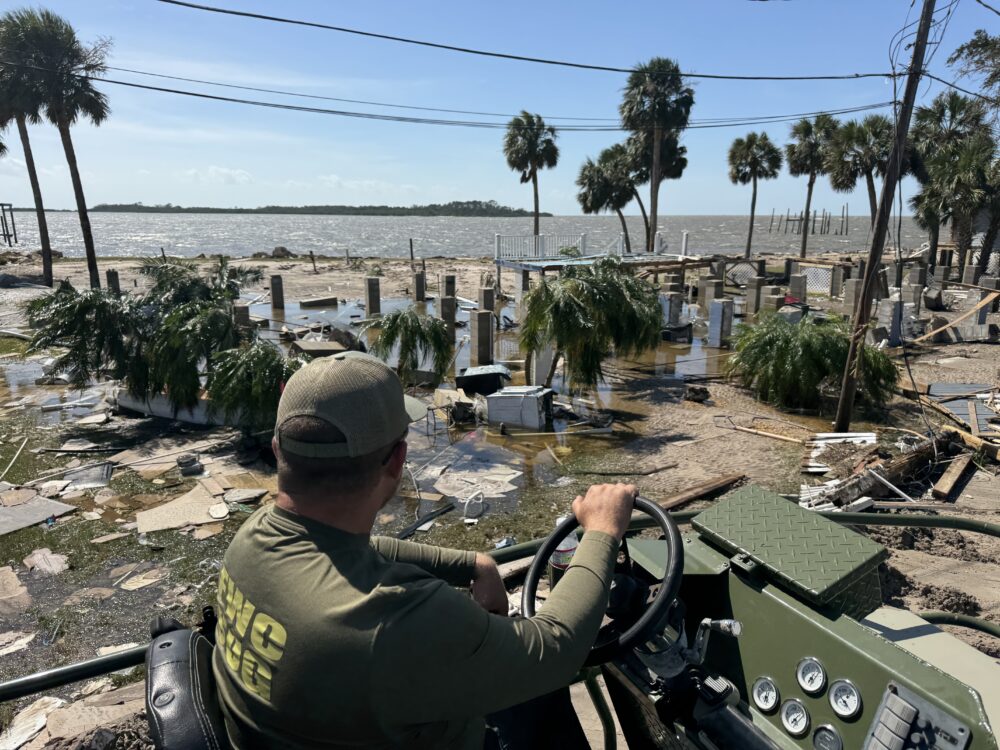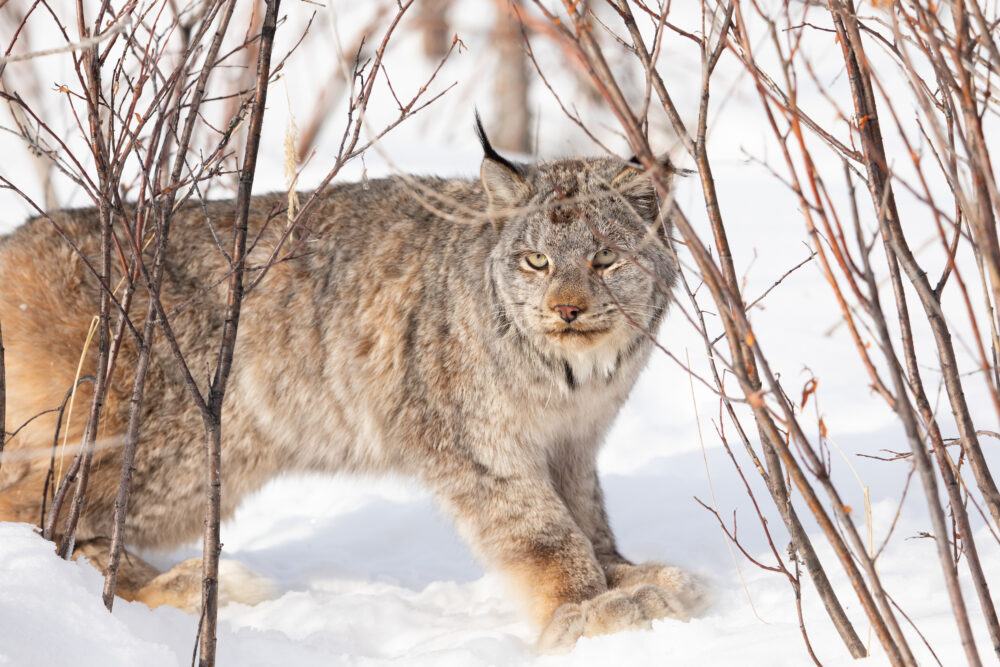We have much more to do and your continued support is needed now more than ever.
Arctic Sea Ice Melting Earlier, May Worsen Global Warming
According to scientists, Arctic sea ice is melting earlier in the year and freezing later, part of a melt feedback loop that may act to accelerate climate change.
Researchers at NASA and the National Snow and Ice Data Center used satellite microwave data to analyze shifts in the region's thaw trends over the past 30 years, finding that the melting season has lengthened by about 20 days since 1979.
"With the exception of the Sea of Okhotsk, all areas in the Arctic show a trend toward earlier melt onset and also a trend toward later freeze up," the researchers said.
The study, which recently appeared in the Journal of Geophysical Research, adds to a growing body of data on the receding Arctic ice masses. A recent NASA study found that average Arctic sea ice thickness decreased by more than two feet between winter 2004 and 2008, and the National Oceanic and Atmospheric Administration (NOAA) said in its 2009 Arctic report card that Arctic ice changes are affecting land conditions and causing warmer autumn weather.
When Arctic ice thaws, it leaves 'dark' water that absorbs more heat. As the thaw season lengthens, the water warms more, leading to increased ice loss and delaying the annual freeze, making the new, re-frozen ice thinner.


